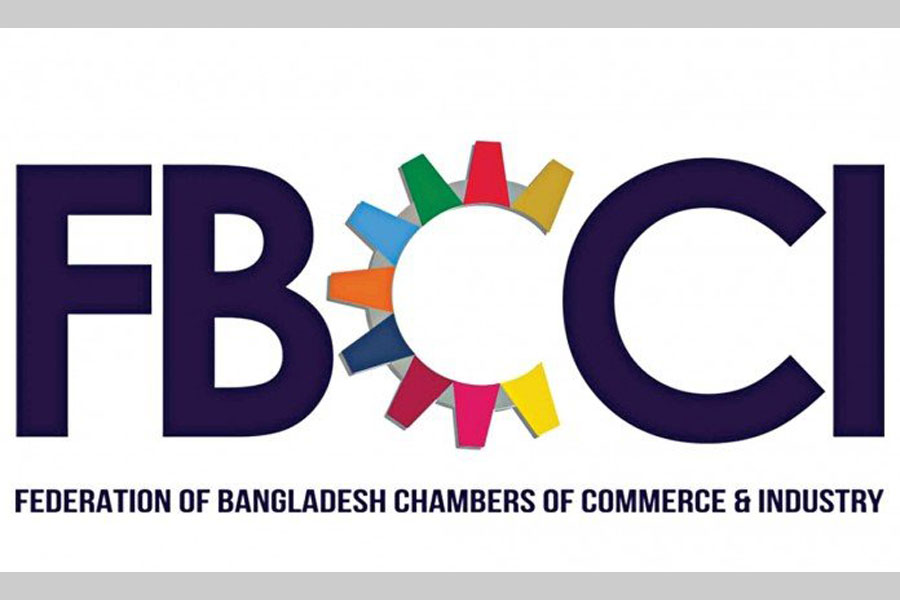
Published :
Updated :

Bangladesh's health sector is grappling with multiple challenges, including complex licensing procedures, heavy reliance on imported medical devices, and slow progress in manufacturing API (Active Pharmaceutical Ingredient).
And addressing such issues has become crucial as the country approaches its graduation from the Least Developed Country (LDC) status.
Keeping these in view, business leaders and experts emphasised the need for urgent reforms at discussion on "Private Sector Participation in Bangladesh's Health Sector: Opportunities and Challenges," organized by the FBCCI on Tuesday.
Their key recommendations include fostering public-private partnerships (PPPs), rationalising drug pricing and streamlining the existing licensing processes.
Abdur Razzaq, Chairman of JMI Group, said while Bangladesh can produce 99 per cent of its medicines locally, local production of medical devices remains dismally low at just 5-10 per cent.
He attributed such shortcoming to the absence of policy support.
"We never developed policy support for medical devices. If we hadn't received policy backing, our pharmaceutical industry wouldn't be where it is today," Mr. Razzaq said.
He also highlighted the escalating costs due to the rise in the dollar exchange rate and a 40 per cent increase in raw material prices. "I have been fighting these battles for 27 years," he added.
Major General Mostafizur Rahman, CEO of the Bangladesh Association of Pharmaceutical Industries, also echoed the same concerns about the rising costs and the lack of timely price adjustments.
Over the past 18 months, no new drug prices have been approved, and companies face lawsuits if they attempt to adjust prices, he noted.
"Around 13 to 14 companies have already shut down," he said.
Mr. Rahman also highlighted the ongoing import dependency, saying essential raw materials often require approval from as many as 47 authorities, which delays API production and undermines the sector's competitiveness.
Despite substantial investment in API production, the API Park is unable to operate fully due to a lack of gas and electricity, he stated.
"There is no skilled manpower, and academia-industry collaboration is missing," he said, adding that proposed curriculum revisions submitted to the UGC have been pending for over a year, Mr. Rahman said.
Experts mentioned that licensing delays have further paralysed the sector.
Dr. Md Akramul Islam, Senior Director at BRAC, stressed the need for rapid reforms in the licensing process, particularly to support the private sector's participation in providing healthcare services to low-income populations.
DGDA Director Ashraf Hossain said pharmaceutical companies typically need five years to break even, yet counterfeit drugs remain a widespread issue due to inadequate reporting.
In his keynote address, Dr. Sayed Abdul Hamid, Professor of Health Economics at the University of Dhaka, said the medical equipment market has grown to Tk 150 billion, but local manufacturers face significant challenges.
"80 per cent of raw materials are imported, and tariffs on raw materials are often higher on finished products," Mr. Hamid said.
He, however, proposed VAT exemptions for 10-15 years, tariff rationalization, and stricter regulations to help curb the influx of cheap, low-quality equipment.
The country's pharmaceutical sector, valued at US$ 4 billion, remains vulnerable due to the heavy reliance on imported APIs, he added.
According to Mr. Hamid Bangladesh's API policy, introduced only in 2018, needs more support, similar to China's and India's API development strategies. Without a self-sufficient API industry and stronger academic-industry collaboration, LDC graduation could present significant risks.
Health Secretary Saidur Rahman acknowledged the complicated licensing processes but promised reforms, including a proposed three-year renewal cycle, without compromising on quality.
Mentioning the gaps in diagnostic services, urban primary healthcare, workforce shortages and emergency care, he emphasised the need for greater public-private partnerships to address the issues.
Universal Medical College Chairman Priti Chakraborty highlighted the growing burden of high treatment costs, urging the government to prioritise health insurance as a tool for financial protection.
Gazi AKM Fazlul Haque, Director General of Research and Policy at the Bangladesh Investment Development Authority (BIDA), observed that the BIDA was preparing a draft policy for medical equipment to address these sectoral challenges.
newsmanjasi@gmail.com


 For all latest news, follow The Financial Express Google News channel.
For all latest news, follow The Financial Express Google News channel.